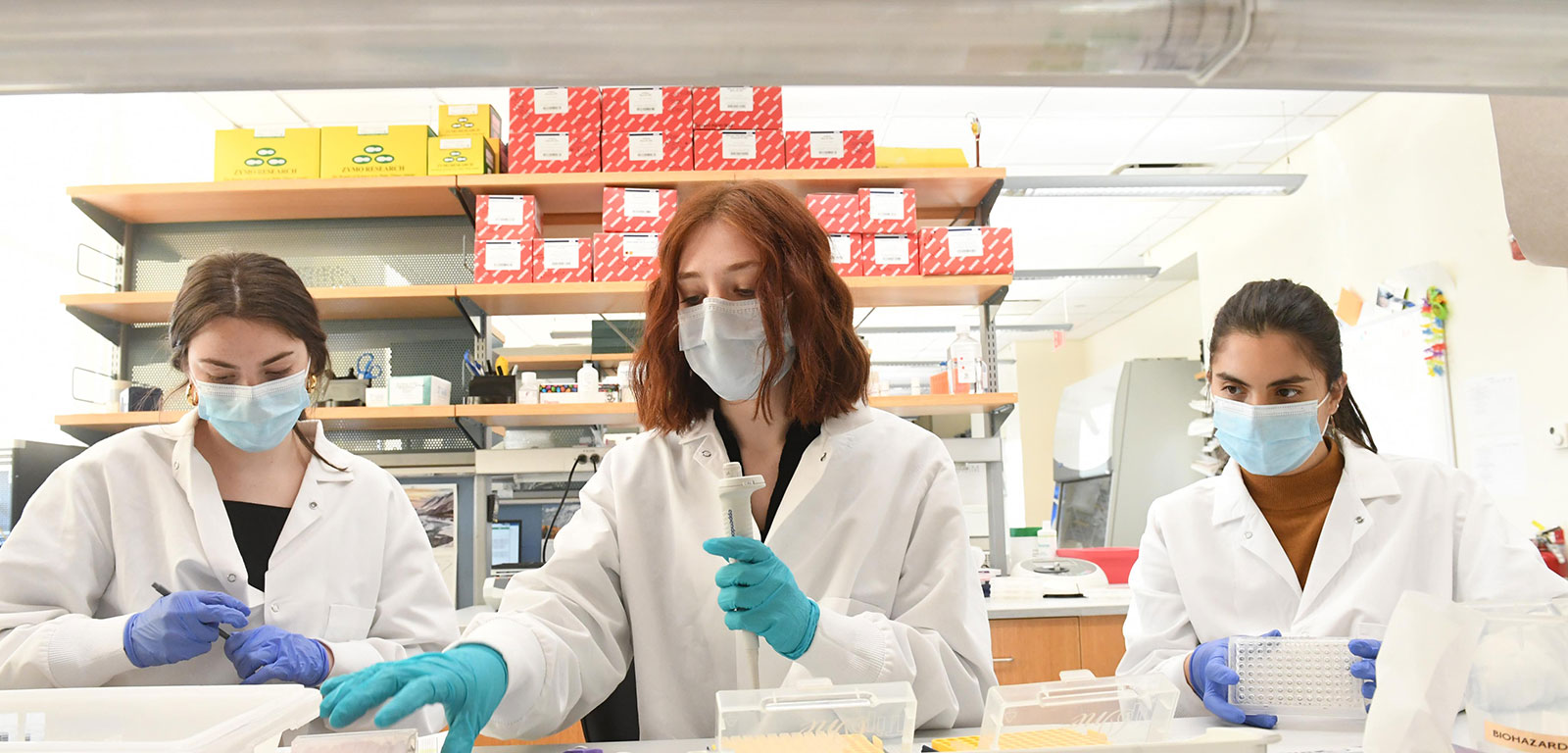

Prerequisites
An approved degree; or
A degree (or equivalent) in a different discipline and a minimum of 12 months full-time (or equivalent) work experience in an environmental health-related setting, as approved by the Executive Dean; or
A Graduate Certificate or Graduate Diploma in Environmental Health Sciences from this university (or equivalent).
A degree in one of the following disciplines would normally meet the 'approved degree' requirement:
Nursing
Paramedicine
The minimum GPA to be considered for admission into this program is 4.0.
Environmental technology
Medicine
Environmental Management
Public Health Management
Environmental Science
Science.
Health Sciences
IELTS overall 6.5; reading 6; writing 6; speaking 6; listening 6. For other English Language Proficiency Tests and Scores approved for UQ
TOEFL IBT - Overall 87, listening 19, reading 19, writing 21 and speaking 19.
TOEFL PB - Overall 570, listening 54, reading 54, writing 59/5.
Pearsons - Overall Score of 64 and 60 in all sub bands.
BE - A minimum overall grade of 4 plus a minimum grade of C in all macro skills.
CES - Overall 176 and 169 in all sub bands.
OET is not accepted.
Examine environmental health risks facing the modern world and develop the ability to manage these complex health challenges in the Master of Environmental Health Sciences.
Population growth, globalisation and climate change are among the most challenging issues of our time. These issues, coupled with emerging or re-emerging environmental health risks and threats to human health, put governments, industry and communities under pressure to adapt and apply sustainable solutions.
This 1.5 year program will equip you with the knowledge and skills to identify and resolve complex environmental health risks. You'll learn to confidently communicate the risks and mitigation options to a range of stakeholders across the private sector, government and general public. You'll also be prepared to formulate or contribute to the development of policy, regulations and guidelines, through the synthesis of scientific evidence.
During the program, you'll complete advanced-level courses that cover key areas of environmental health risk assessment and communication. You'll also undertake a research project on a relevant topic, interpret results and report on your findings. The program supports flexible delivery options that allow you to choose what suits you best, including full-time, part-time or online study.
You'll graduate with a respected qualification that will open the door to more career opportunities, with highly-sought skills that will prepare you for management positions across a range of relevant industries.
CRICOS CODE: 098321F
More info: Click here
Master of Environmental Health Sciences (MEnvHlthSc) - Course List

Postgraduate study can take you anywhere. Here are some of the careers you could be on your way to:
Environmental systems specialist
Environmental scientist
Senior research technician
Environment reporting and analysis specialist
Environment consultant
Sustainability manager
Sustainability adviser
Community and sustainability manager
Regulatory affairs associate
Principal environmental officer

OSHC 530 ($) AUD per year